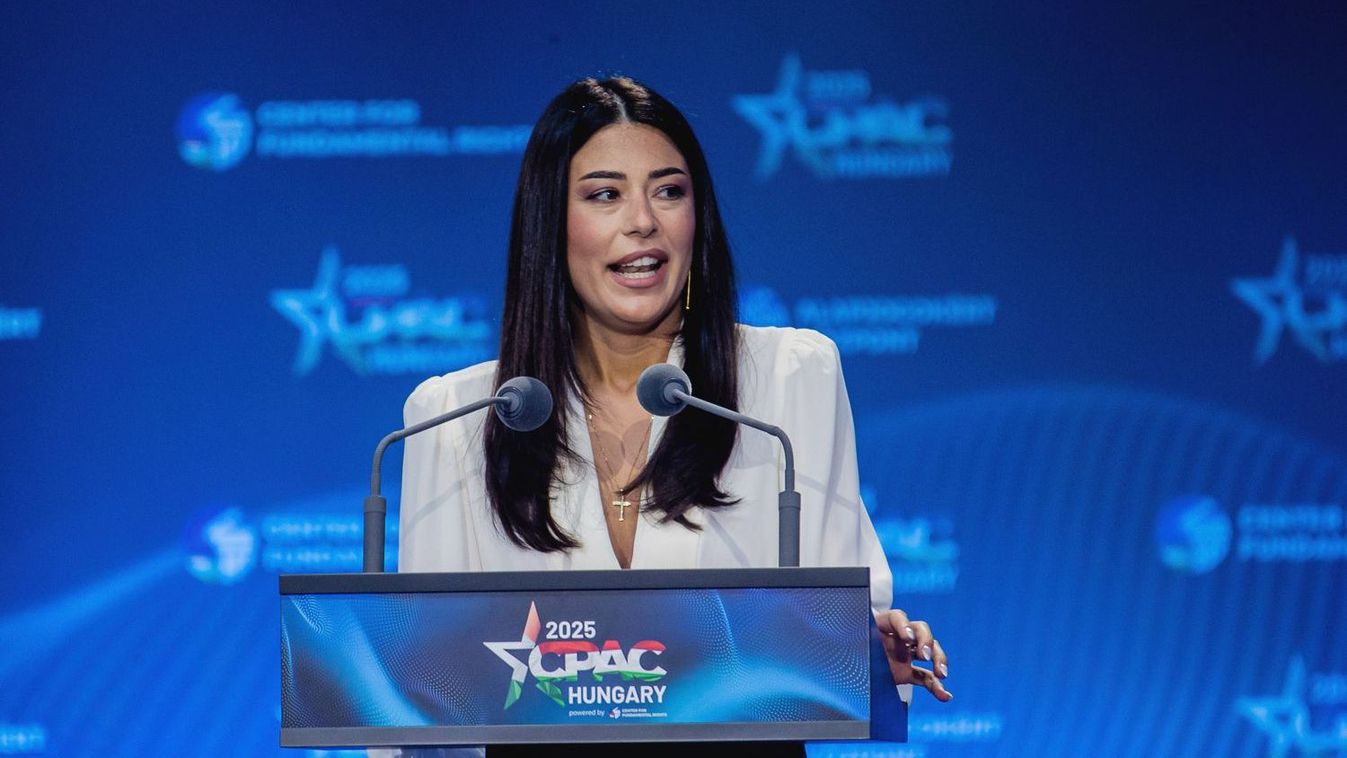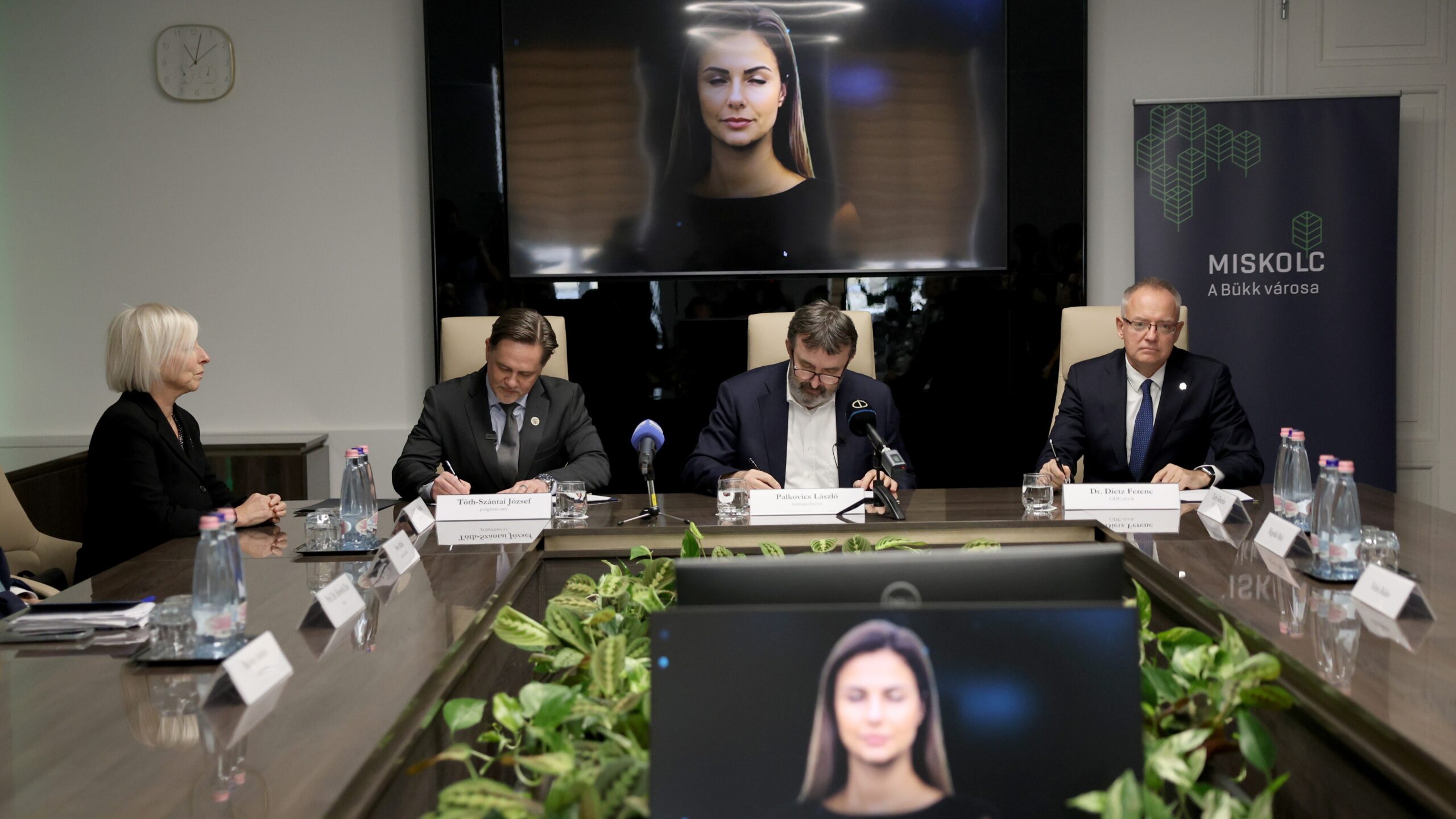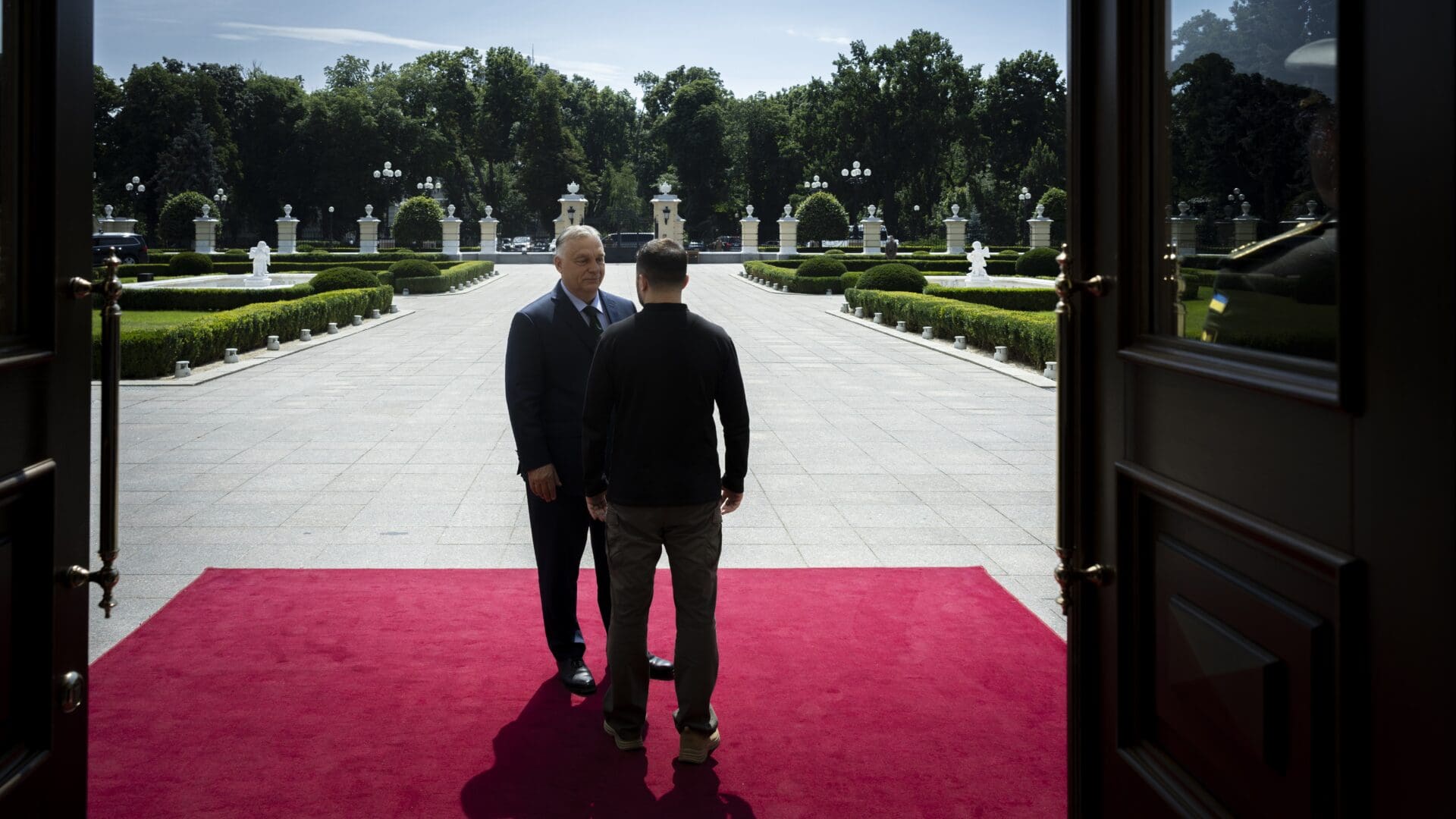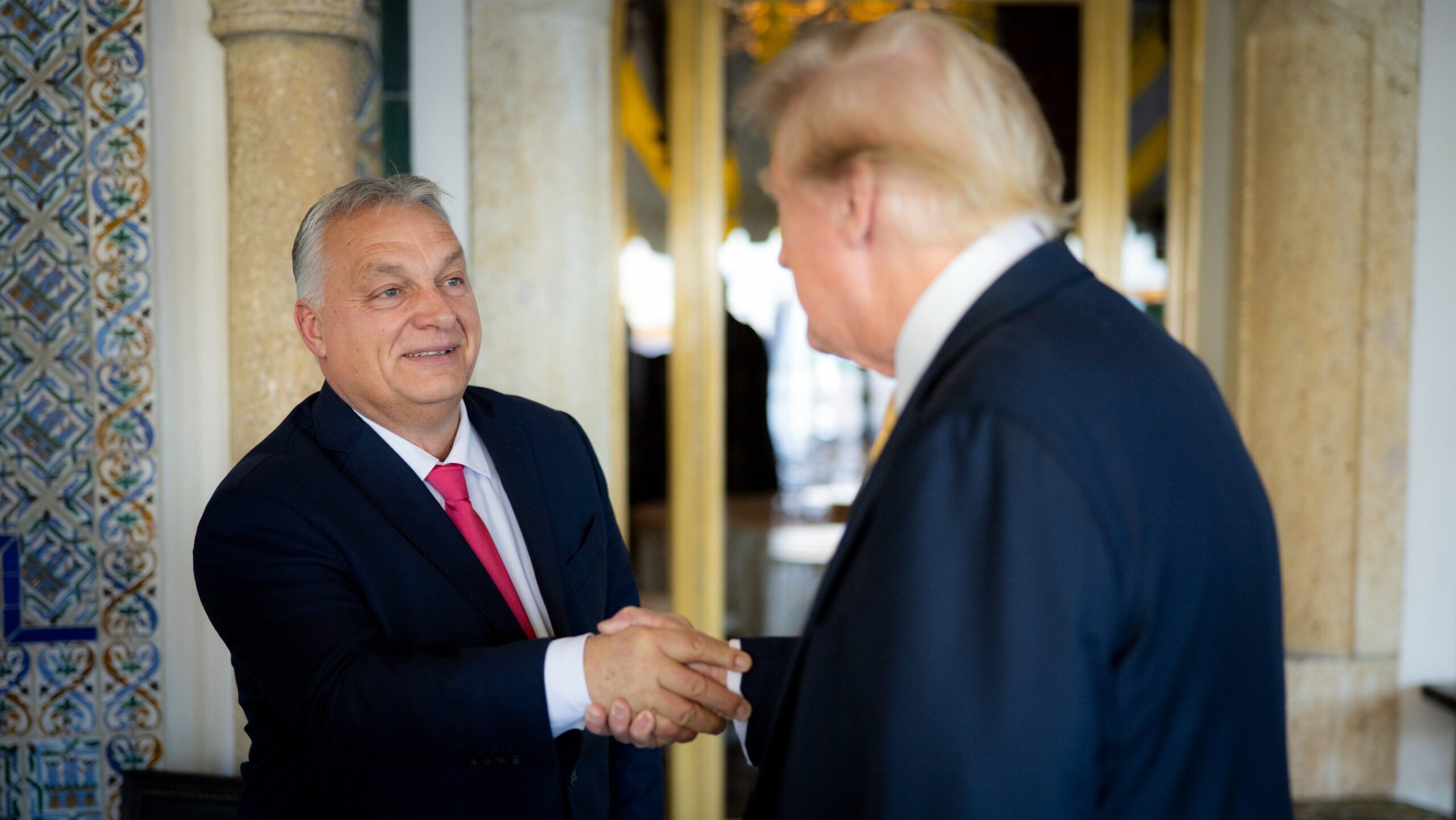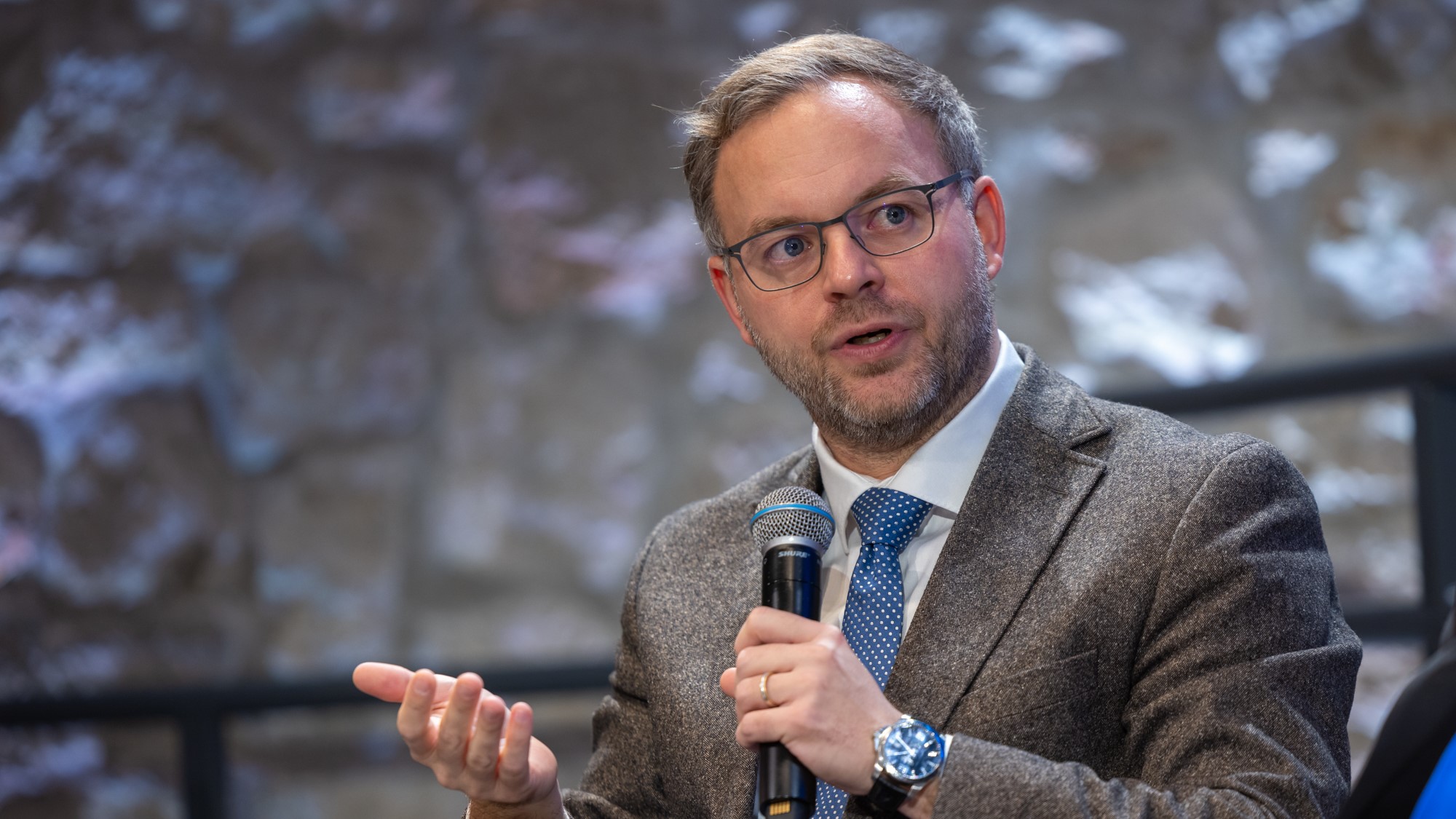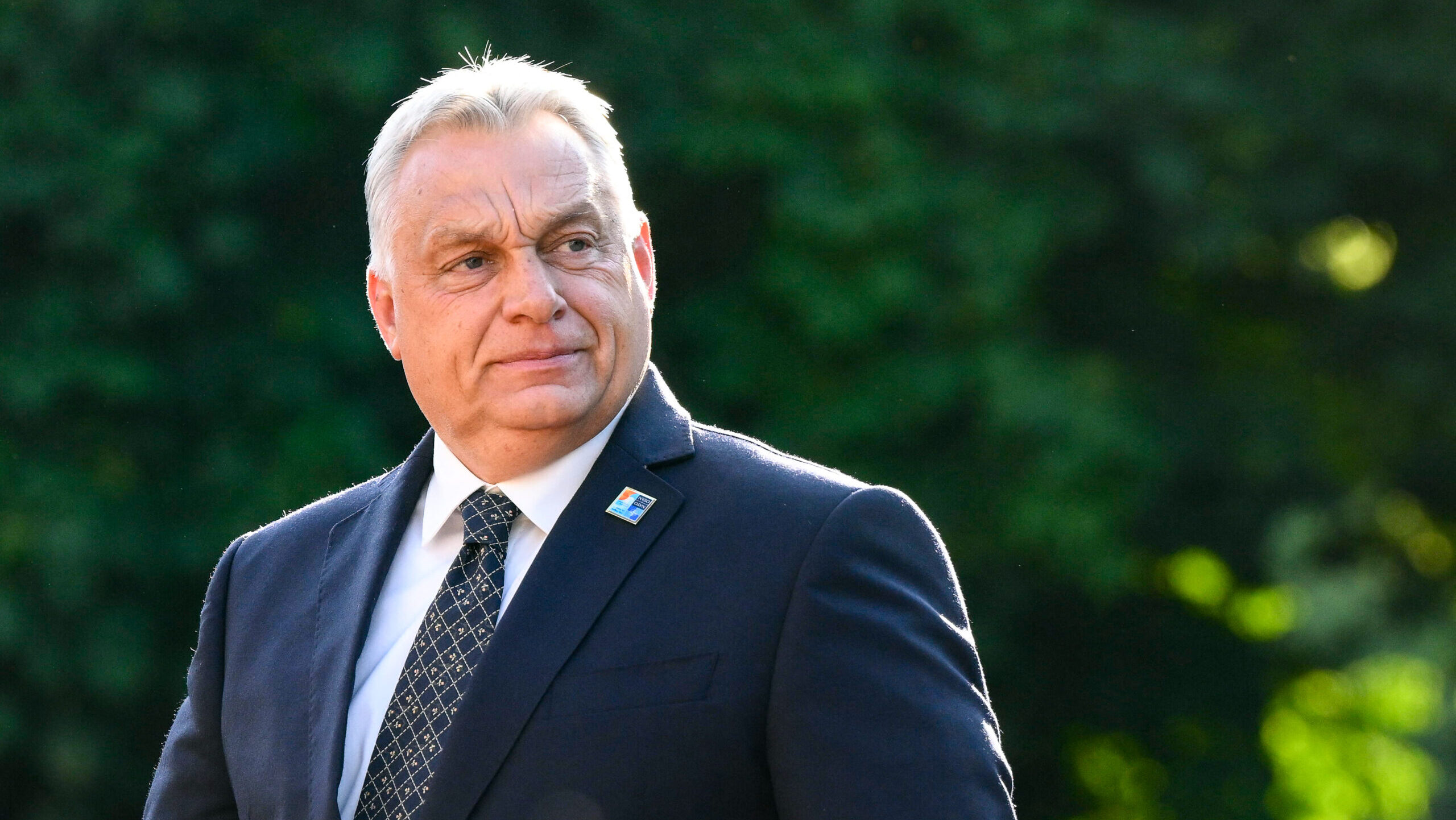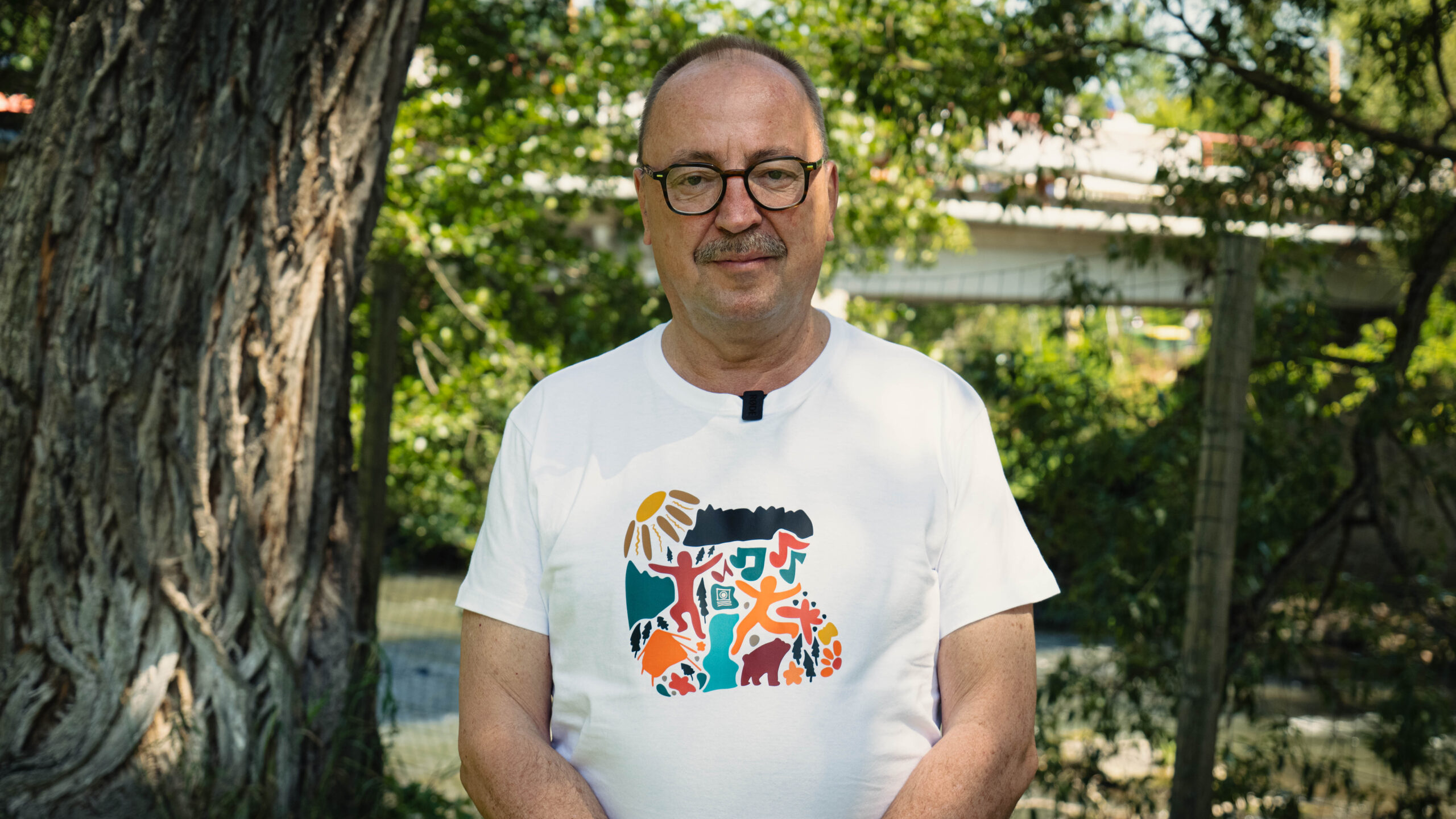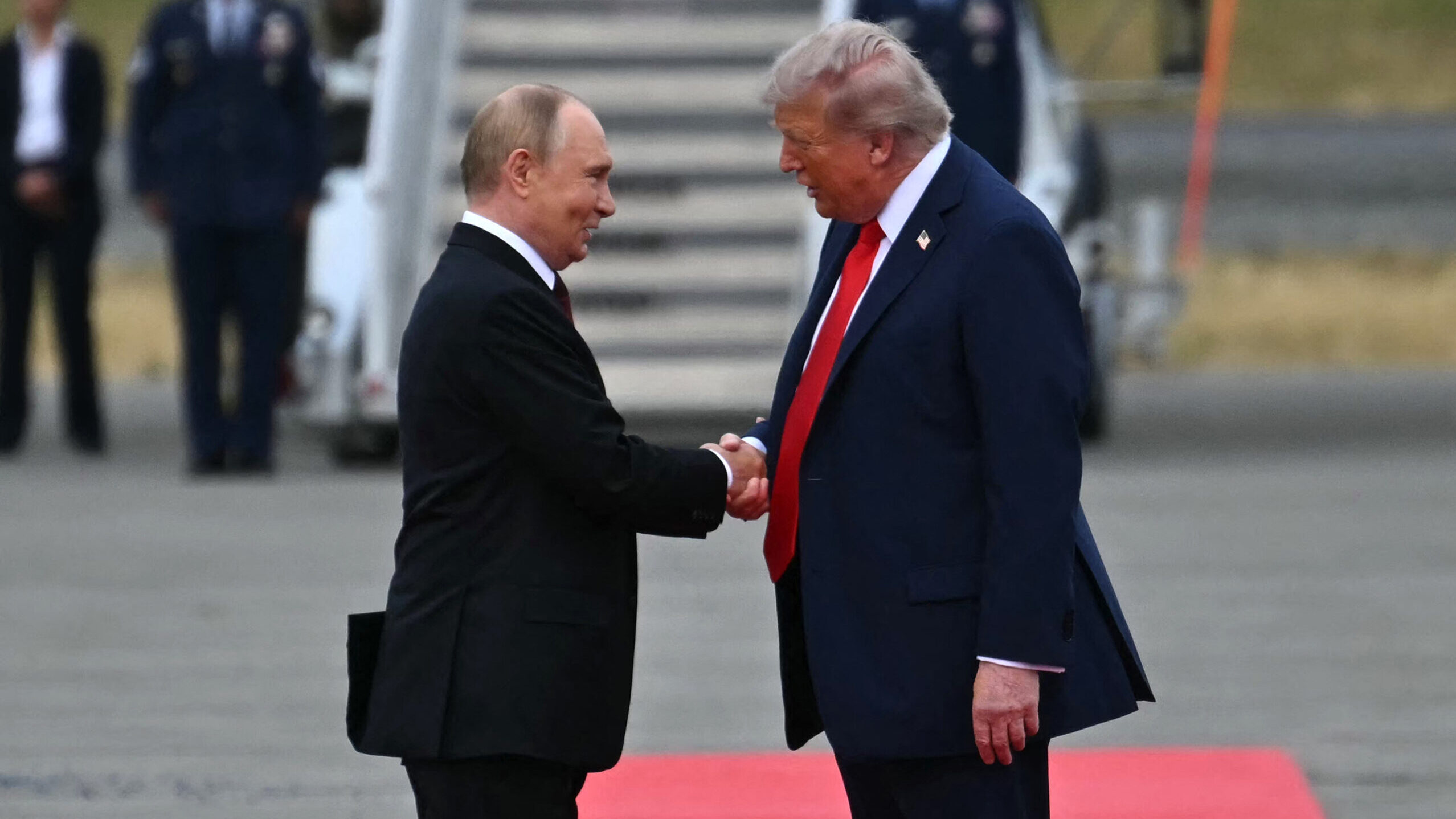
Hungary Only EU Member with US, Russian Insight on Alaska Summit
Hungarian Foreign Minister Péter Szijjártó spoke with both Washington and Moscow after the Trump–Putin summit in Alaska, stressing Hungary’s consistent call for peace. As the only EU state briefed by both sides, Budapest now holds a unique insight into Russia’s real intentions regarding a potential ceasefire agreement.

